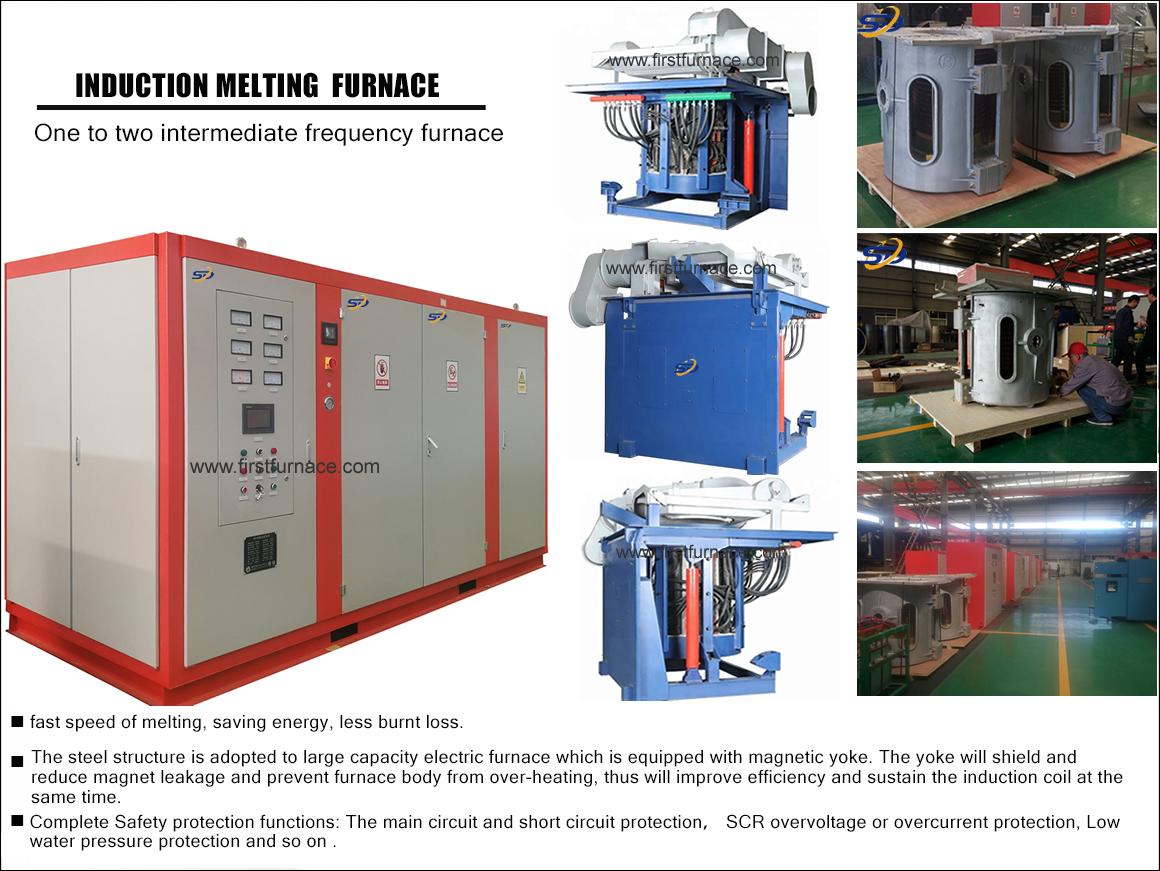Sales hot line ( 24 hours service):+86 13015583380
E-Mail: firstfurnace@gmail.com
whatsapp:+86 13015583380
Adress: Luoxin Industrial Park, Luoyang, HenanLarge diameter steel pipe quen
Piston rod quenching and tempe
Grinding rod quenching and tem
High frequency induction heate
Quenching equipment for machin
Round steel end heating furnac
Steel pipe heat treatment prod
Square steel quenching and tem
Sucker rod quenching and tempe
Thickened petroleum steel pipe
Round steel quenching and temp
Steel pipe quenching and tempe
Steel plate quenching and temp
Induction Hardening Machine&nb
Flywheel ring gear high freque
The energy loss caused by the intermediate frequency furnace coil is as high as 16%. How to reduce it?
Depending on the installed power density and the melting practice, the thermal efficiency of the induction furnace can exceed 80 %, but usually it is in the range of 60 % to 78 %.
Induction furnaces are normally kept open during the entire melting process where the workers engage in slag skimming and monitoring of the quality of molten bath. However, this leads to significant heat loss and hence special covers or lids need to be installed for reducing heat losses. In particular, reducing the time the lid is kept open while melting, can lead to substantial energy savings.
The theoretical requirement of energy for melting iron is only 340 kWh per ton whereas the actual power required is around 600 kWh. This difference is due to two factors namely (i) inherent in the principle of melting in an induction furnace which include the inefficiency in electrical bus bar losses, eddy current losses, refractory losses, and cooling water losses etc., and (ii) the operational losses which are largely due to unnecessary and excessive holding of liquid steel in the induction furnace.
Induction furnace equipment should be placed with minimum distance between each equipment to reduce wiring losses. To reduce the wiring losses remarkably, it is essential to shorten the distance between furnace body and power factor improving capacitor as very large current flows between them.
Efficiency of induction furnace is expressed as a total, deducting electrical and heat transfer losses. Typical heat balance diagram of high and medium frequency crucible type induction furnace is shown in Fig. 1. Electrical losses consist in transformer, frequency converter, condenser, wiring, cable, coil, etc. Loss in coil is essential factor, on which the furnace capacity depends. Heat losses in induction furnace consist of conduction loss of heat escaping from furnace wall to coil side, radiation loss of heat released from melt surface, absorption loss in ring hood, slag melting loss, etc. The coils of furnace are water cooled which also results in heat loss. Heat efficiency of high and medium frequency furnaces (60 % ¨C 78 %) is slightly larger than that of low frequency furnace (58 % ¨C 71 %).
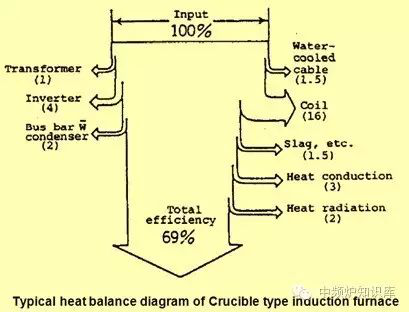
Fig 1 Typical heat balance diagram of crucible induction furnac
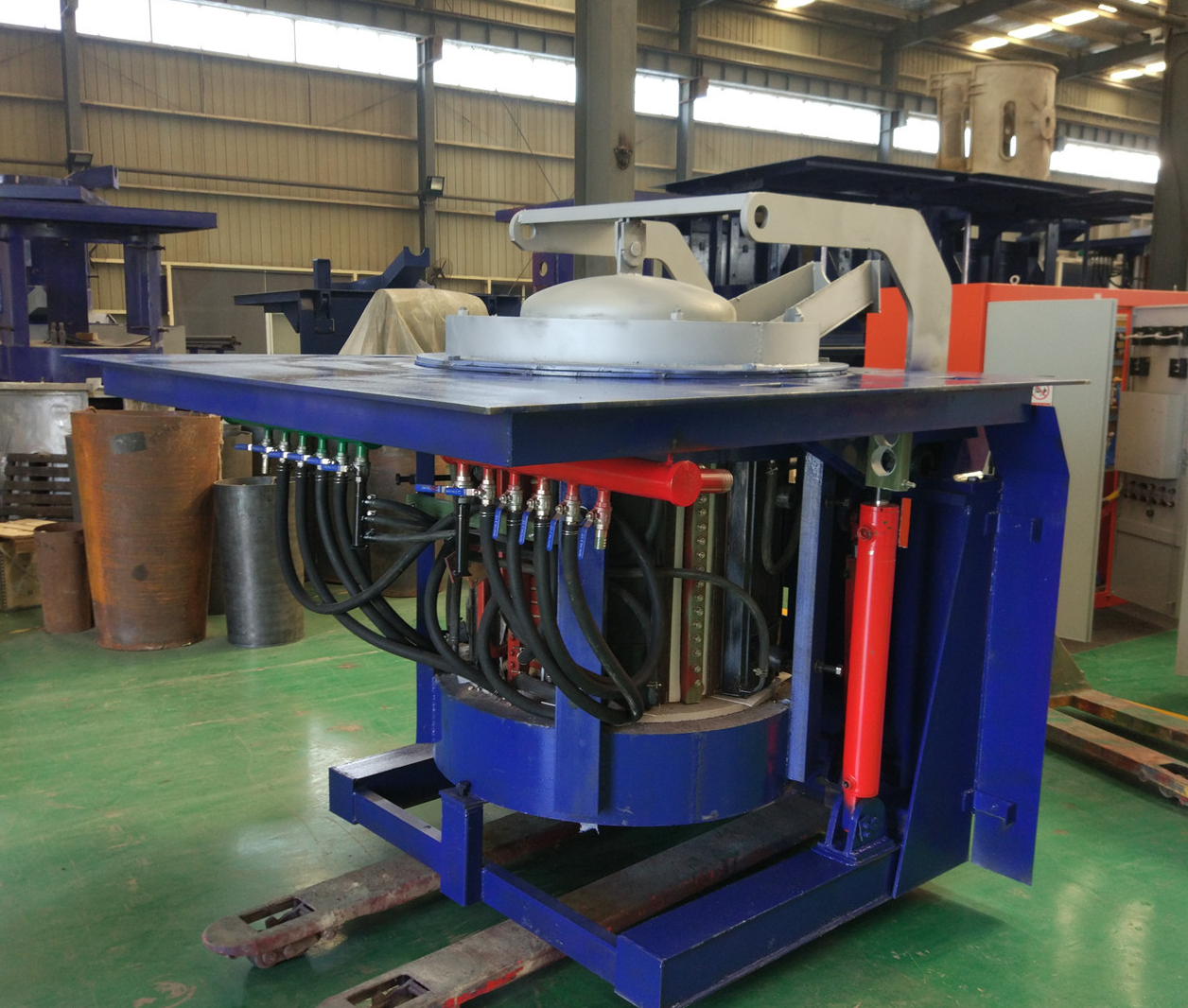
Iron induction furnace
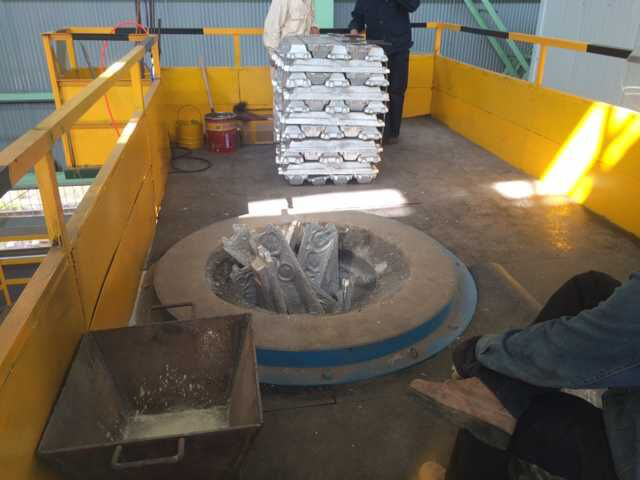
Aluminum melting furnace
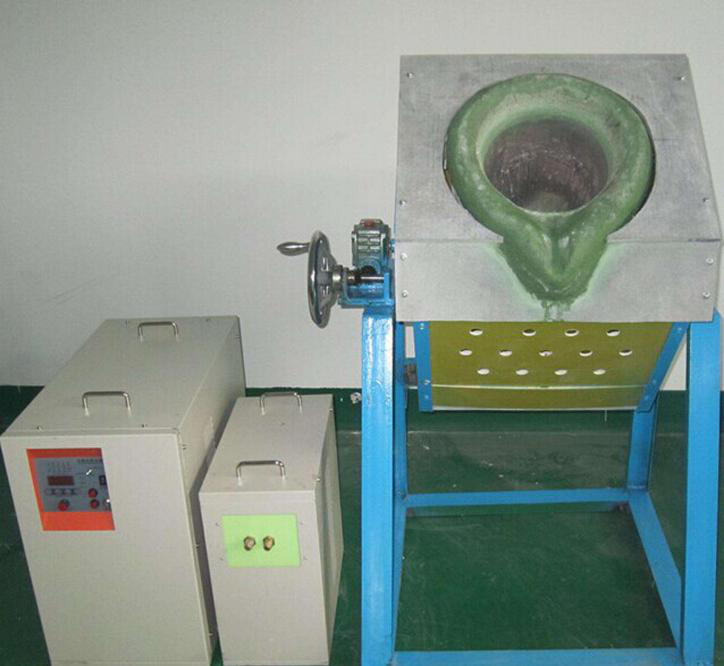
Copper melting furnace
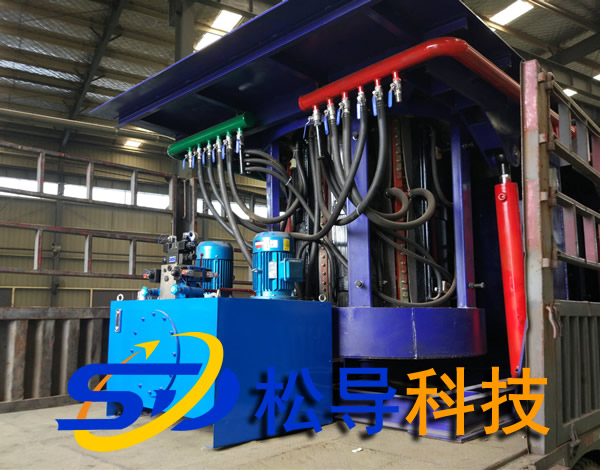
Small steel melting furnace
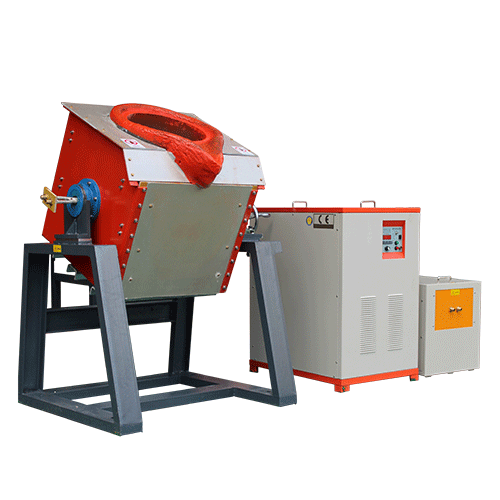
Small induction melting furnace
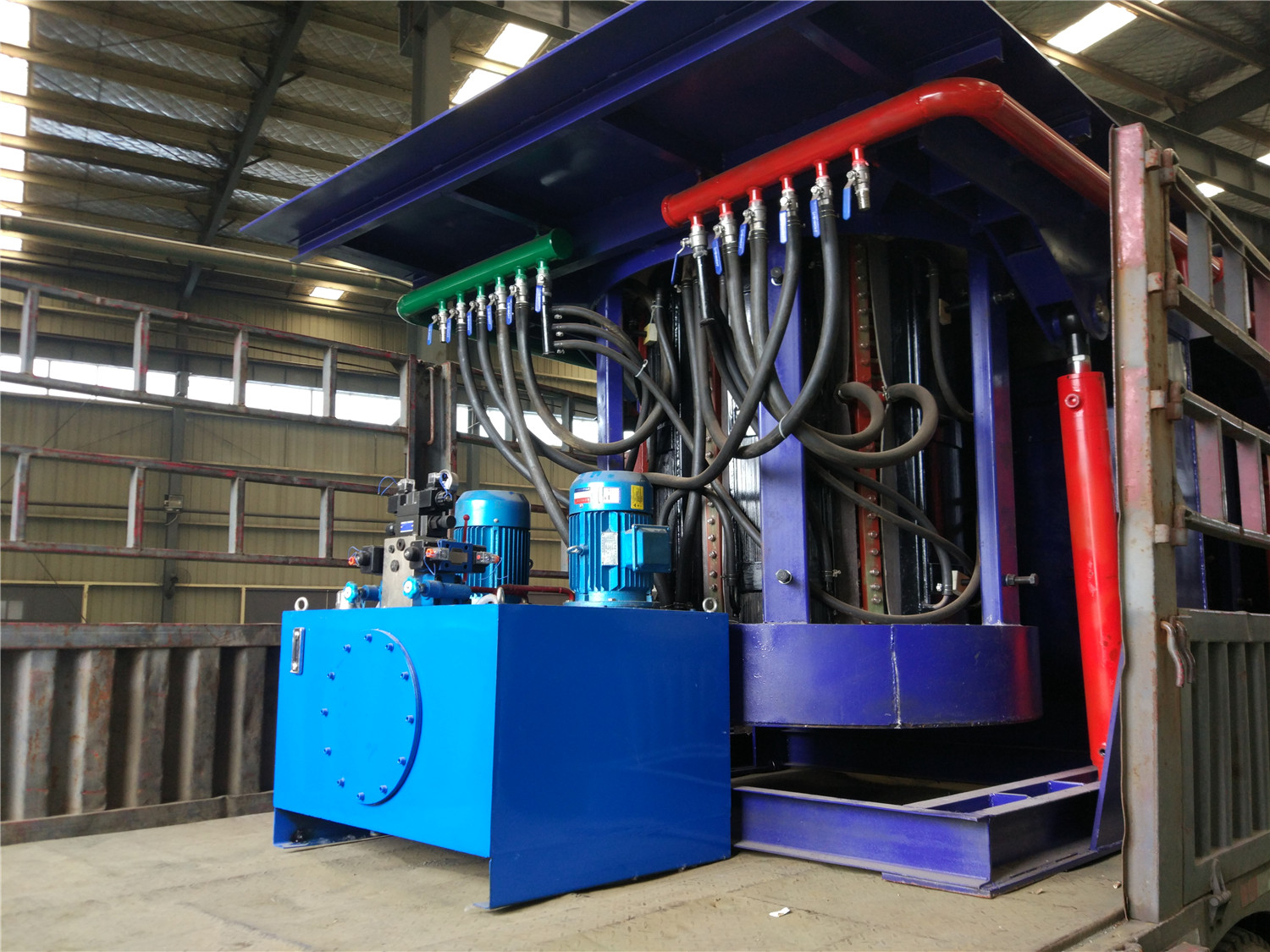
Induction iron furnace
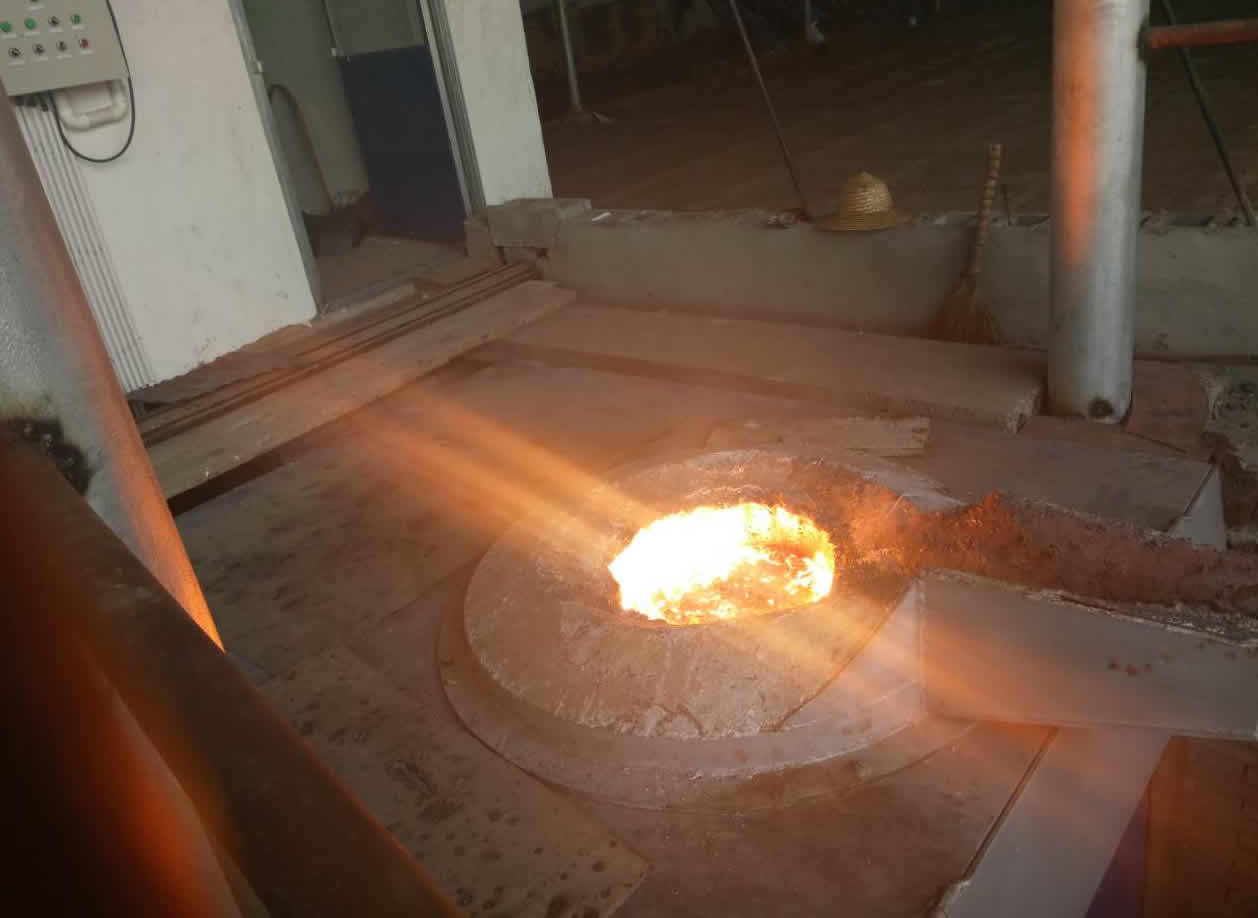
3T intermediate frequency iron melting f
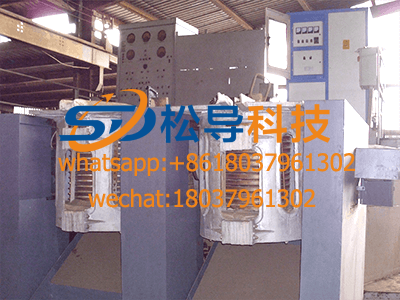
0.25T Intermediate Frequency Furnace
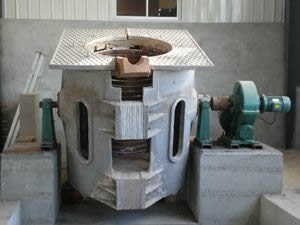
0.5T Intermediate Frequency Furnace
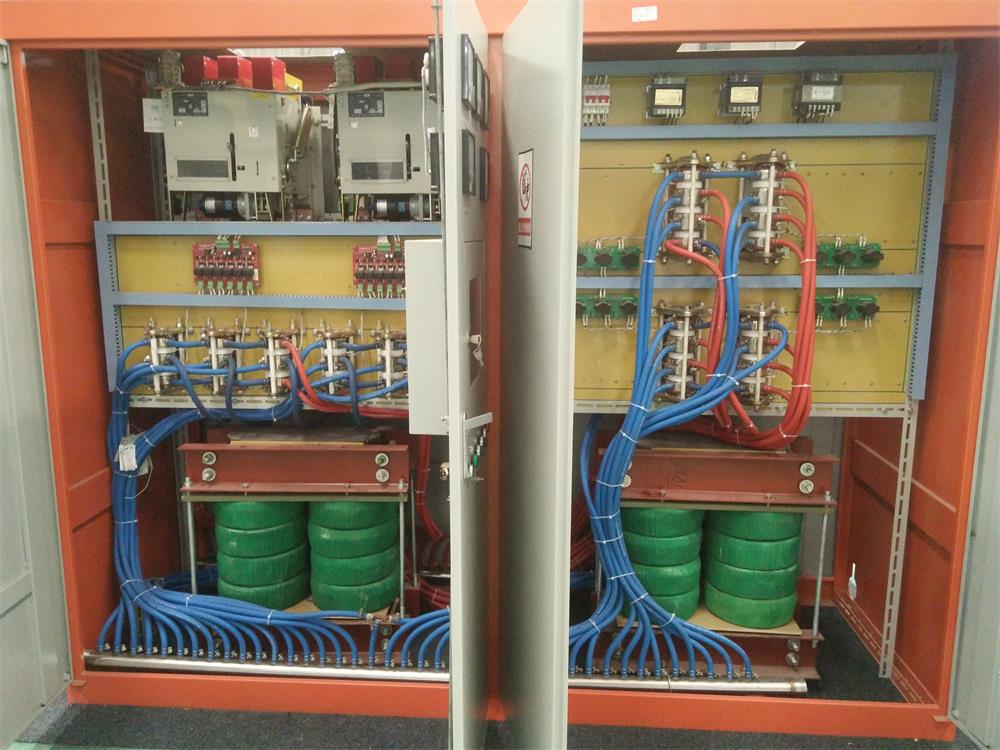
Medium Frequency Furnace

2T Induction Melting Furnace
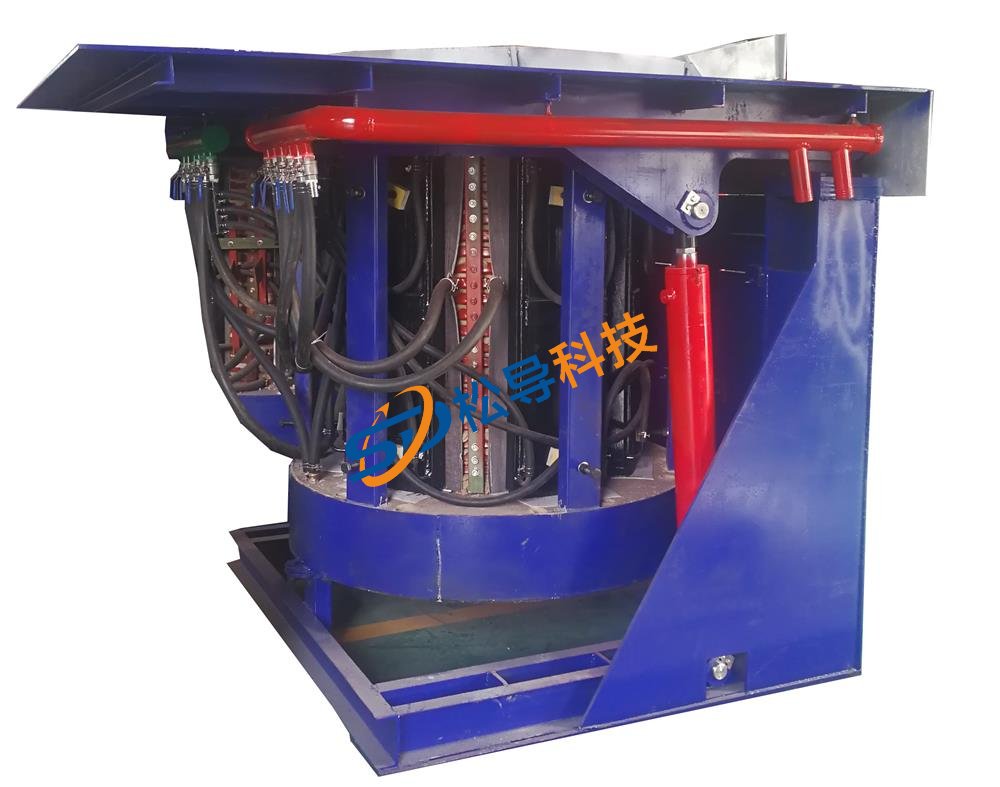
1T Induction Melting Furnace
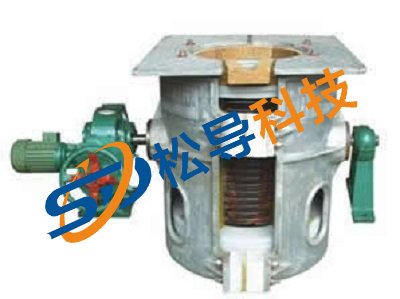
500kg Induction Melting Furnace
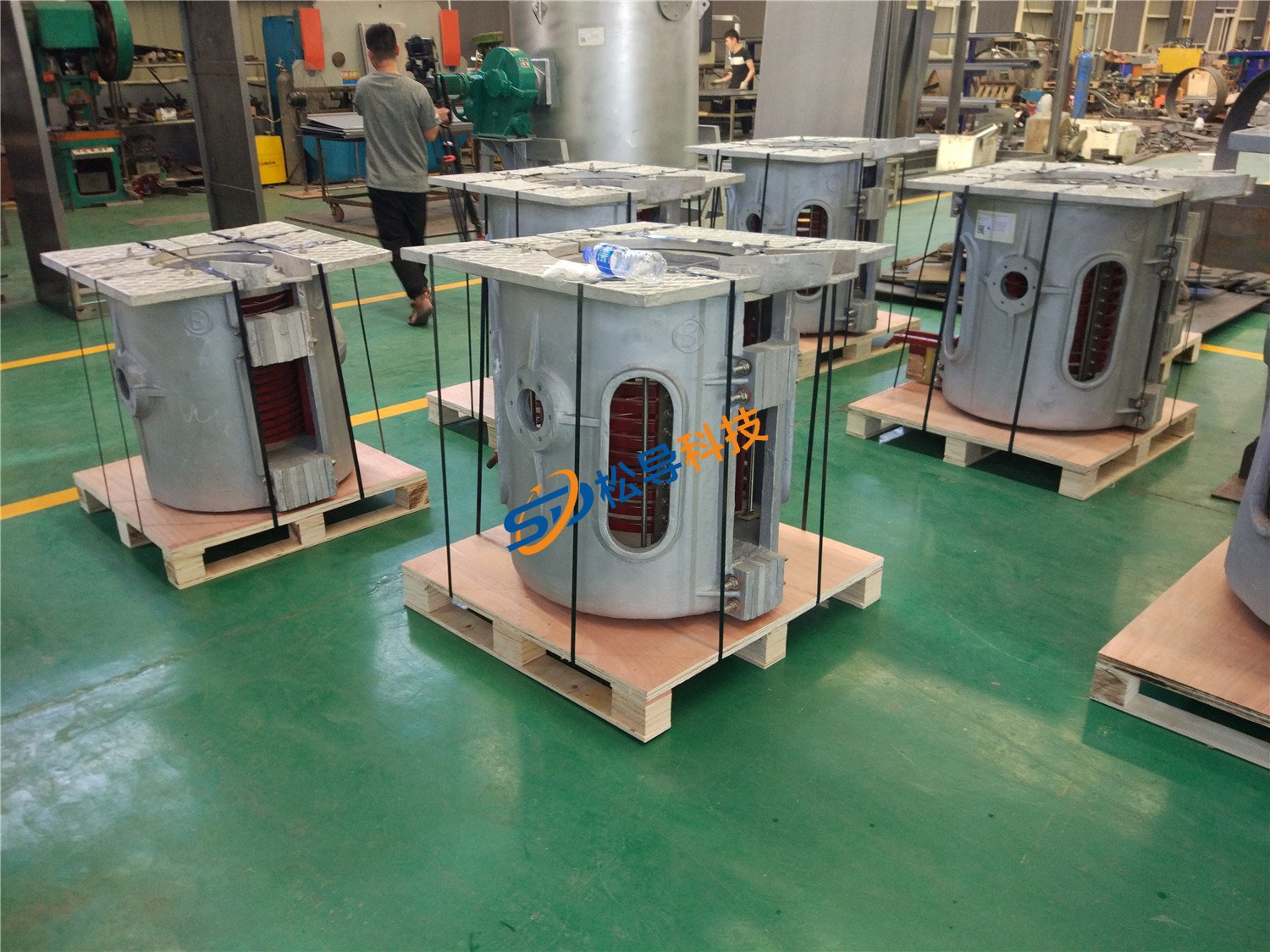
250kg Induction Melting Furnace
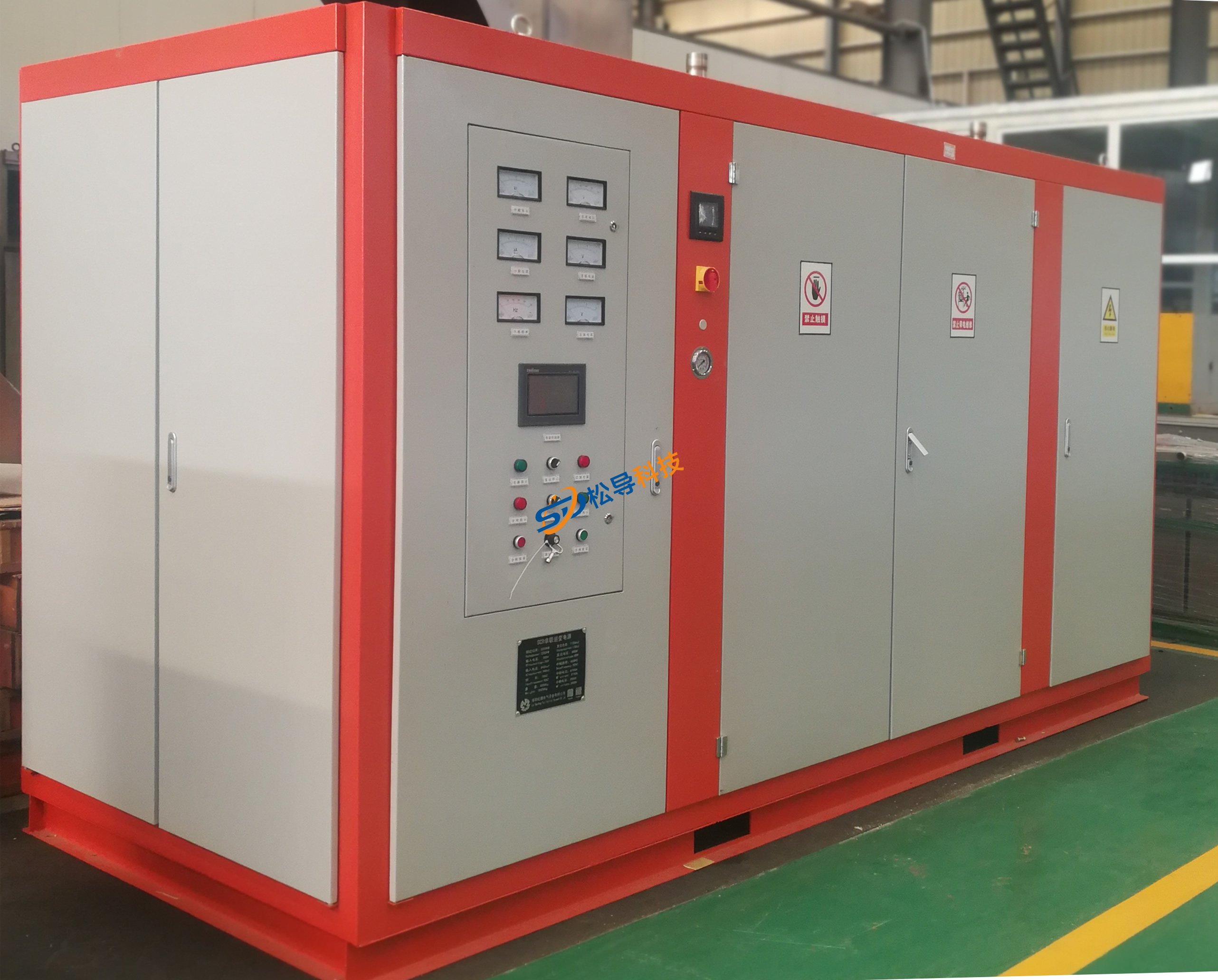
Induction Melting Furnace
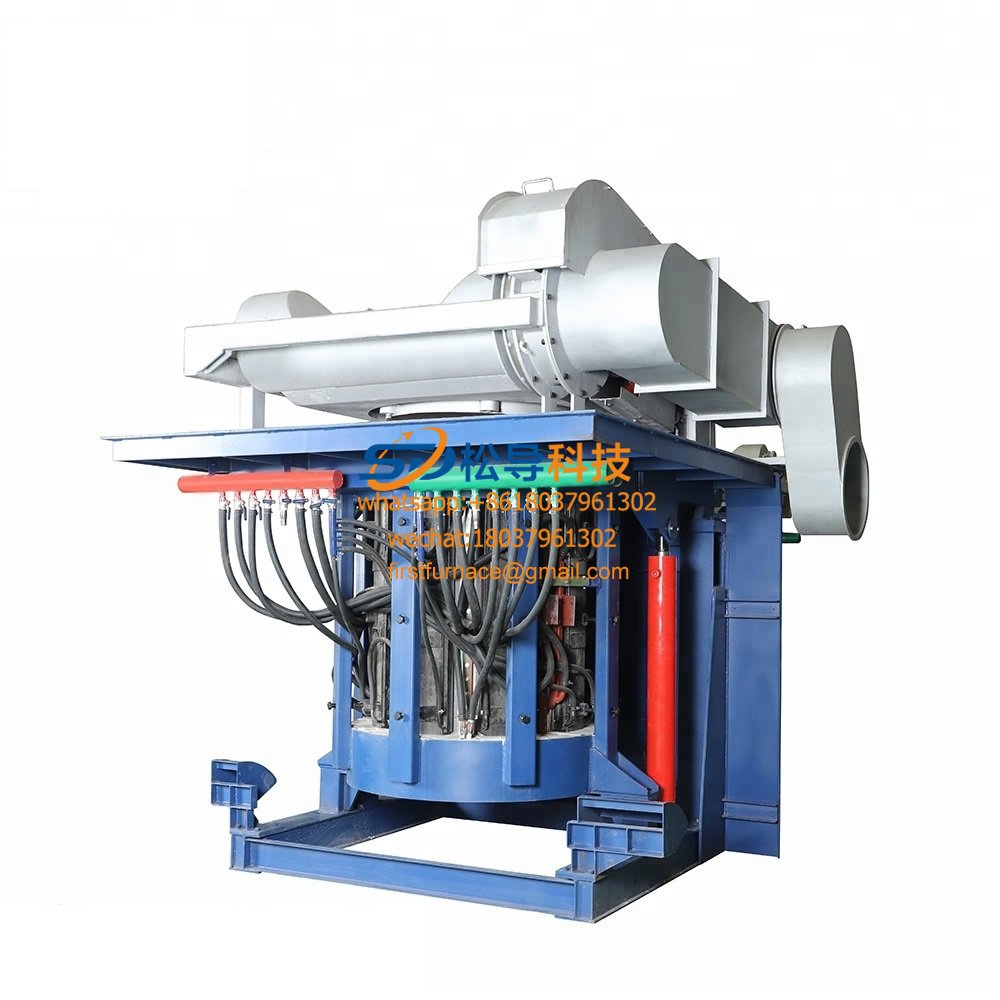
3 T Induction Melting Furnace
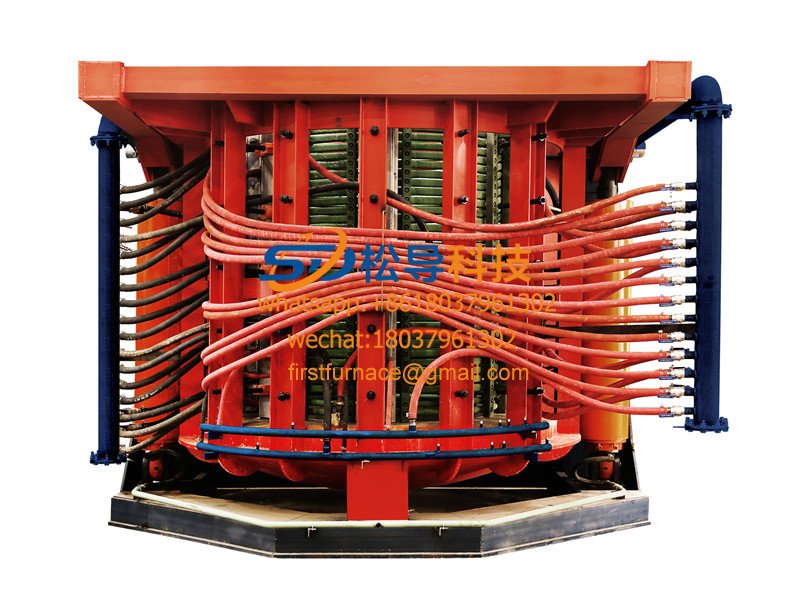
5T Induction Melting Furnace
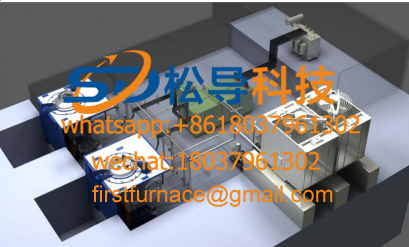
1T One Belt Two Intermediate Frequency F

5T One Belt Two Intermediate Frequency F
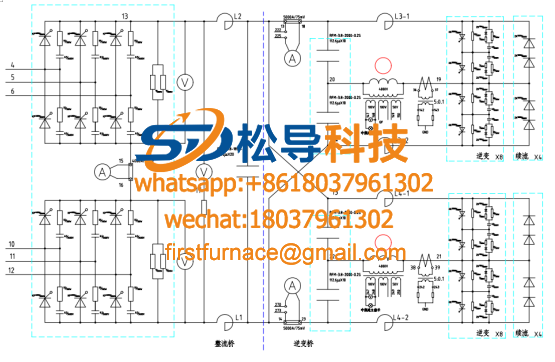
3T One Belt Two Intermediate Frequency F
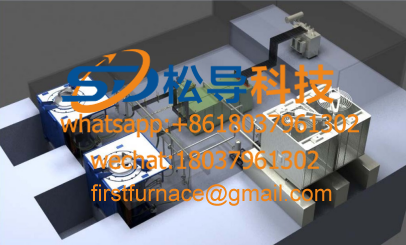
2T One Belt Two Intermediate Frequency F
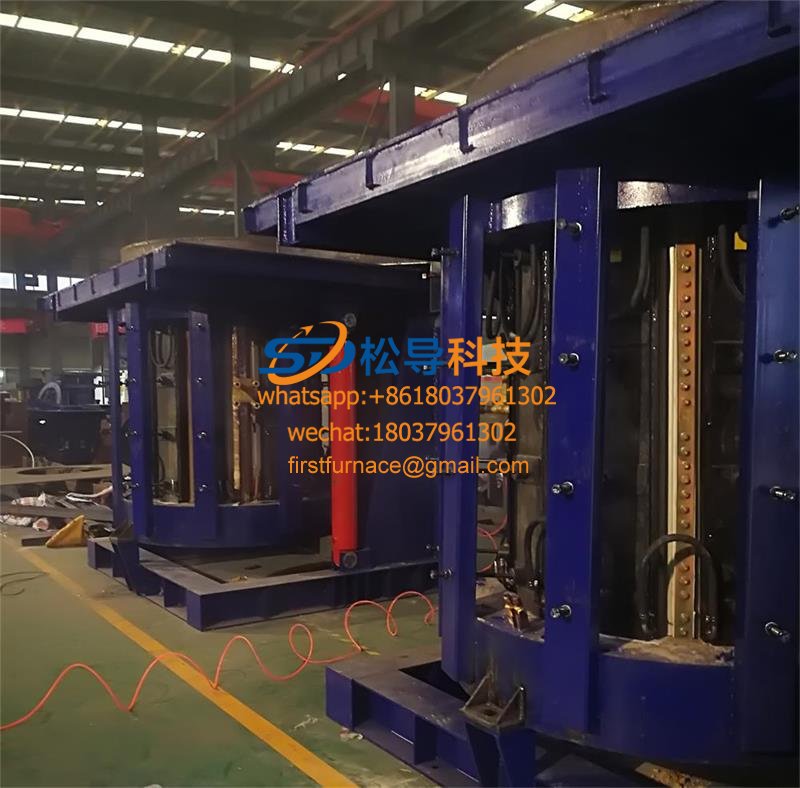
5T Parallel Intermediate Frequency Furna
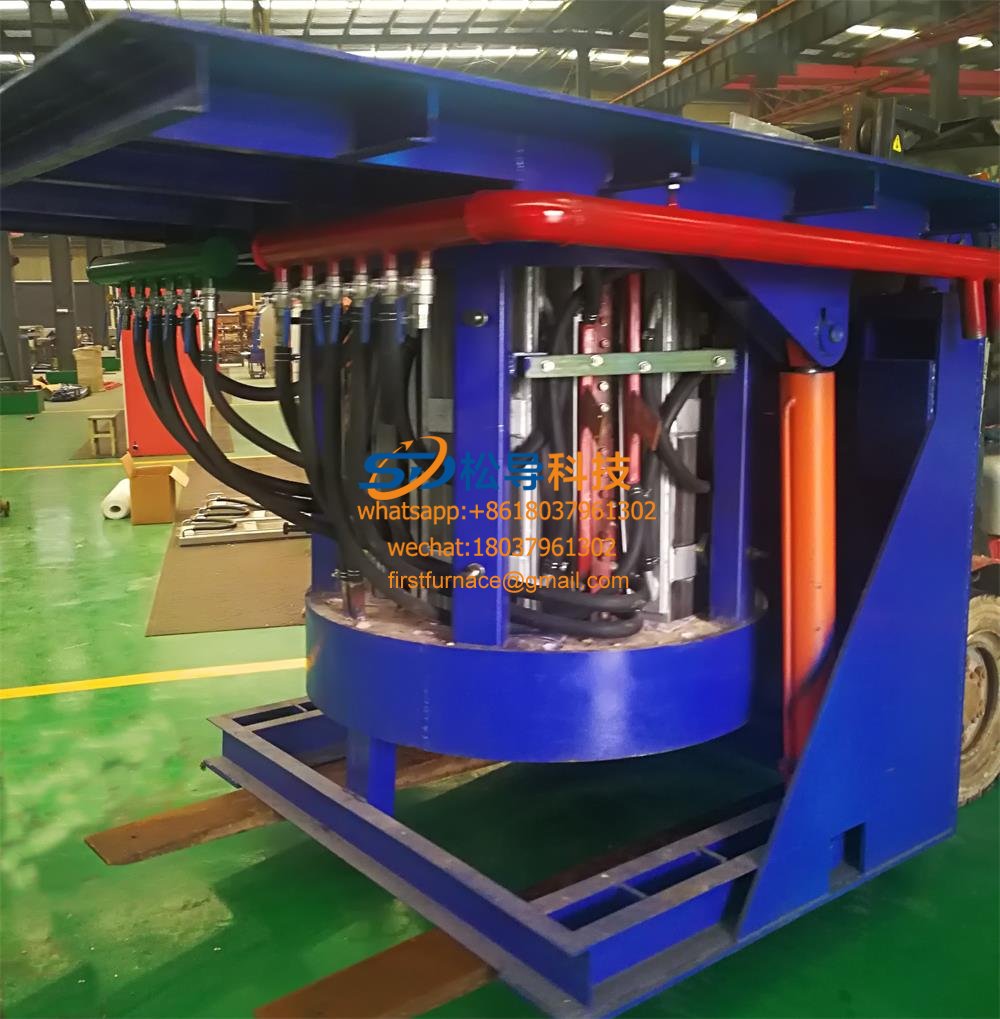
5T Intermediate Frequency Furnace

5T Series Intermediate Frequency Furnace
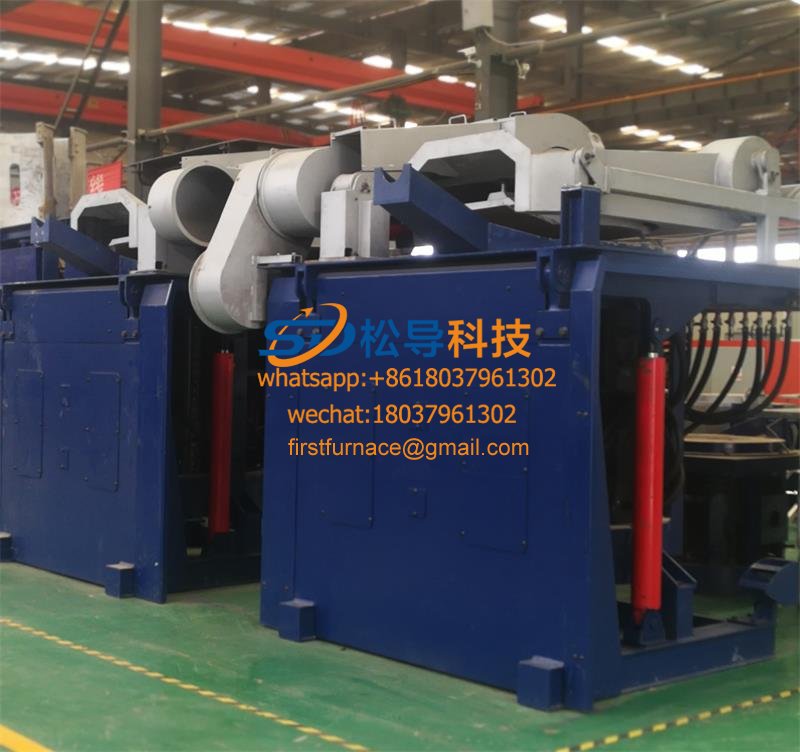
3T Series Intermediate Frequency Furnace
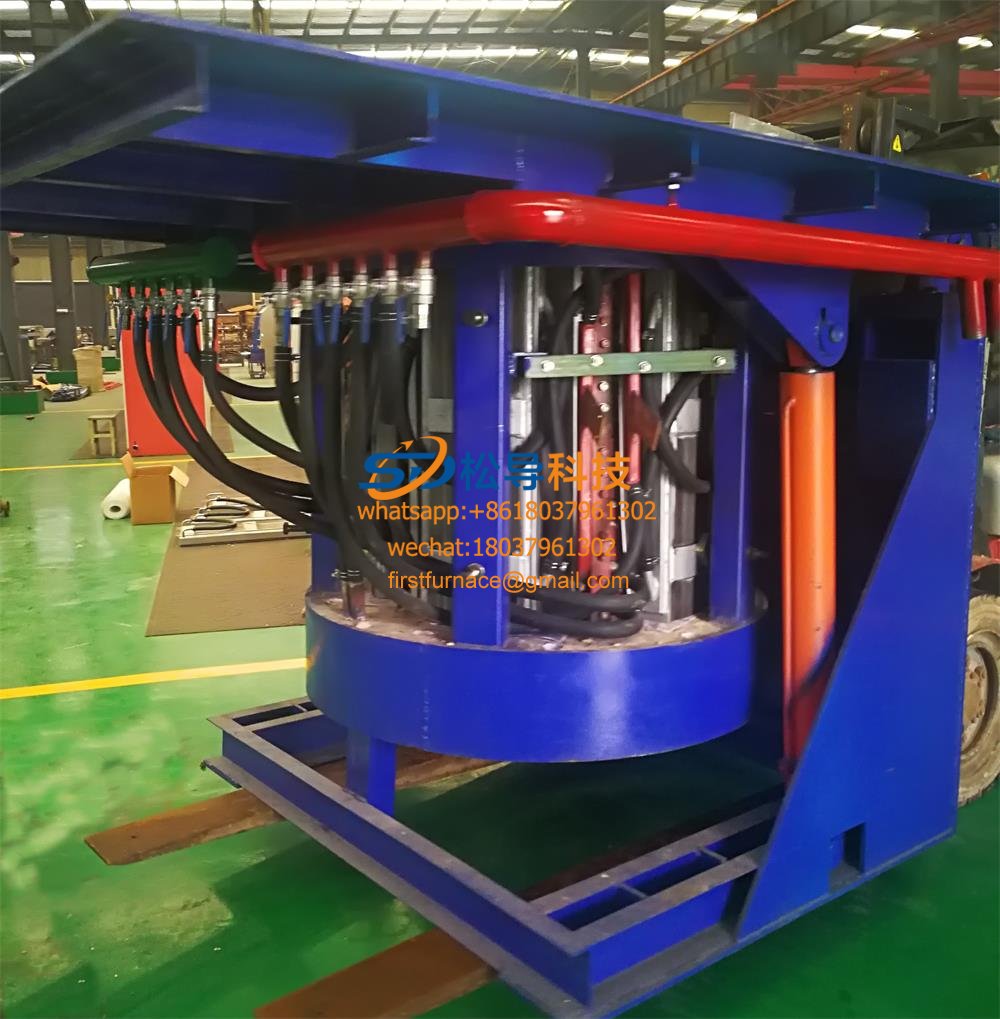
2T Series Intermediate Frequency Furnace
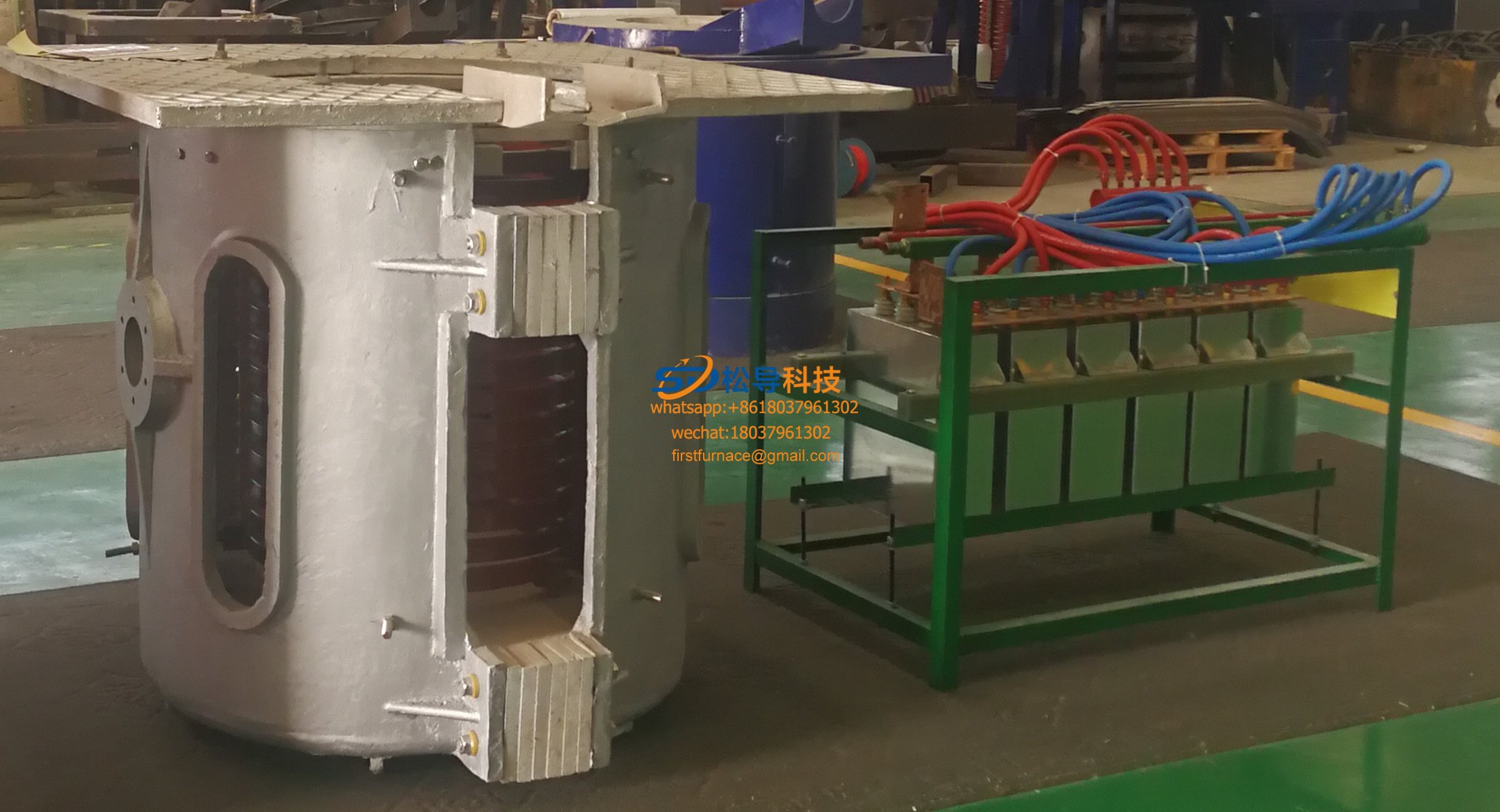
1T Series Intermediate Frequency Furnace
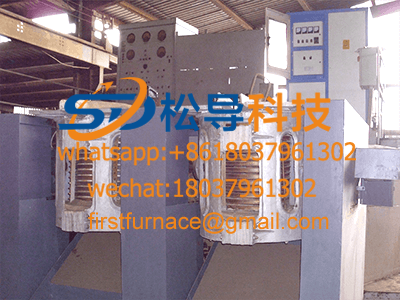
0.5T Series Intermediate Frequency Furna

0.25T Series Intermediate Frequency Furn
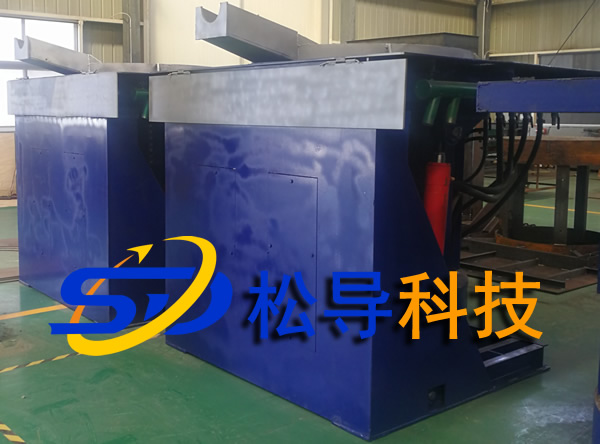
1T Parallel Intermediate Frequency Furna
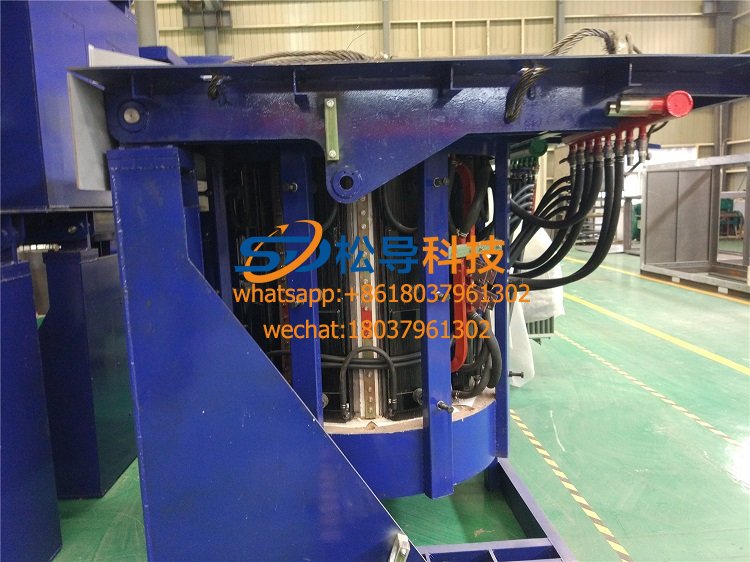
2T Parallel Intermediate Frequency Furna
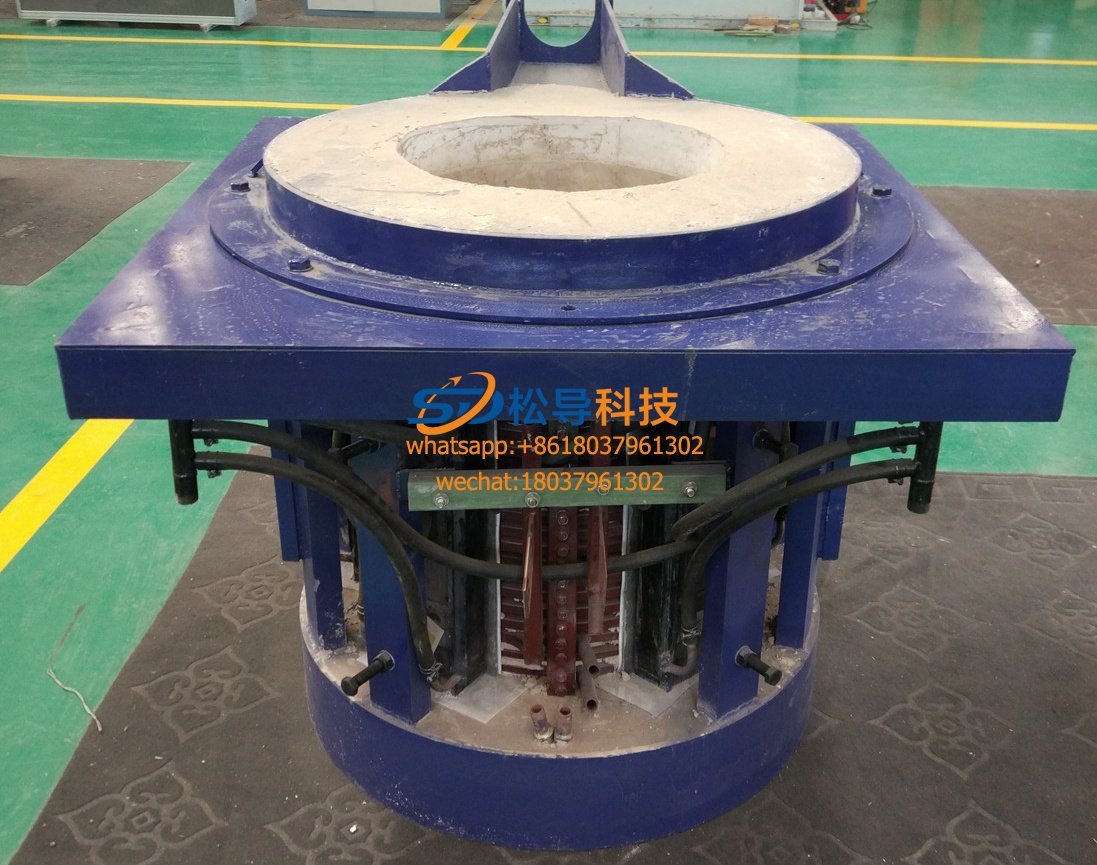
0.5T Parallel Intermediate Frequency Fur






